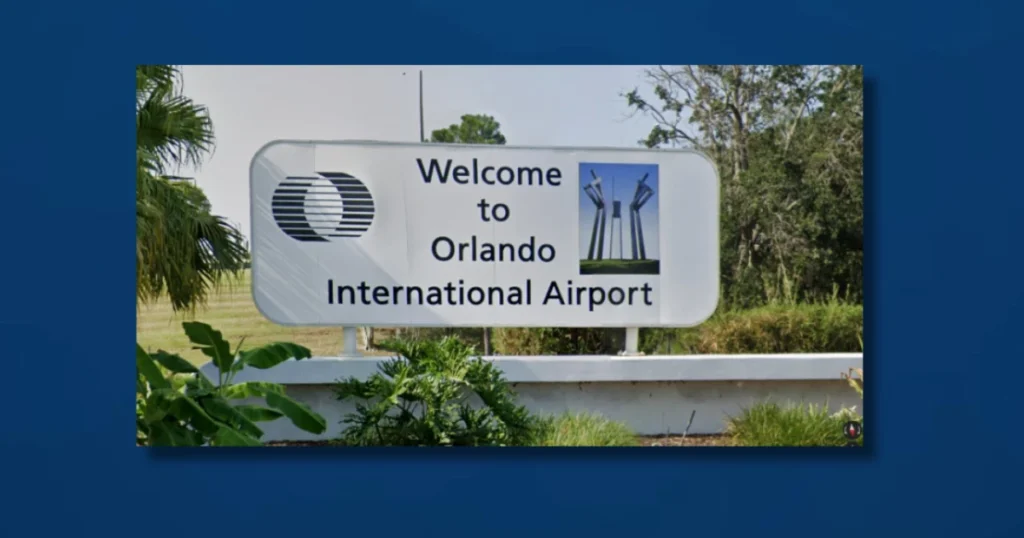The Greater Orlando Aviation Authority (GOAA) announced the start of a major project dedicated to improving baggage handling and transportation systems at Orlando International Airport (MCO). The airport code “MCO” is still in use from the airport’s days as a military installation named McCoy Air Force Base.
“This project, included in the current Capital Improvement Plan (CIP), is estimated to cost $652 million,” reads a press release excerpt from Airport Read. Gore said in a press release. “This project complements our multi-million dollar plan to renovate Terminals A and B. The new system will allow MCO to better accommodate a wider cross-section of tourists and conference attendees. Orlando International handles more golf bags, car seats and baby strollers than any other airport in the world. We are fortunate to have a productive working relationship with our partners.”
According to GOAA, MCO passenger volume has increased significantly in recent years. In 2019, the airport welcomed 50 million visitors, and in 2023, nearly 58 million passengers will pass through its corridors. By 2024, MCO airlines were checking in around 7,000 departure bags each day compared to 2022. The MCO estimated a record 60 million passengers last year. The airport says that means 7,000 bags per day compared to 2022. Effective baggage handling is a collaborative effort involving airports, airlines, the Transportation Security Administration (TSA) for bag screening, and other internal stakeholders.
Near-term solutions
In September 2024, the Board of Directors approved new policies for Express Service Providers (ESPs) to address operational needs. Previously, GOAA entered into an ESP contract under which the vendor and its subcontractors handled up to 15% of the total baggage processed in the MCO, primarily from cruise passengers. New ESP operations increase efficiency by transporting inbound bags to off-airport resorts and hotels and routing outbound bags to remote screening facilities. This change reduces the amount of bags handled in a single area and improves flow.
MCO held an industry day to discuss the new ESP policy and long-term baggage solutions, giving potential vendors an opportunity to learn about MCO’s requirements and share their experiences. A new ESP or ESPs will be selected and expected to enter service in summer 2025.
intermediate solution
The Transportation Security Administration (TSA) is responsible for upgrading physical screening equipment within baggage handling systems, specifically in designated areas known as pods where screening occurs.
Several pods are currently being upgraded, including Pod E, for which both TSA and the Aviation Administration share responsibility. The Greater Orlando Aviation Authority (GOAA) Board of Directors recently approved a contract with a contractor to enhance Pod E’s technology, including improvements to Ethernet, IT infrastructure, and encoder equipment.
TSA’s initiative to upgrade Pod E and other pods will increase efficiency for all partners involved in processing passenger baggage.

